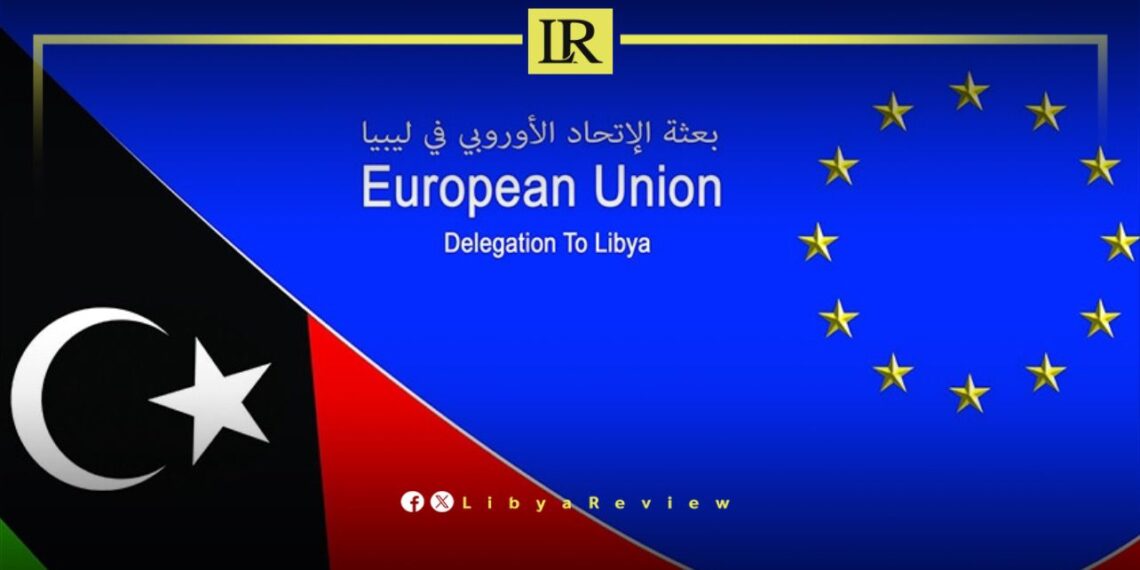On Thursday, the European Union (EU) Mission to Libya expressed deep concern over recent unilateral actions taken by various Libyan political actors and institutions. In a statement, the EU warned that these actions are exacerbating existing tensions, further deepening divisions, and hindering reconciliation efforts in the country.
The EU Mission called on all Libyan parties to prioritize the country’s collective interests over individual or factional agendas. The mission emphasized the importance of adhering to the Libyan Political Agreement and its amendments, as well as the relevant United Nations Security Council resolutions. The statement highlighted that this is a critical moment for dialogue, compromise, and de-escalation, rather than actions that could further destabilize the situation.
The EU reaffirmed its support for United Nations-led initiatives aimed at facilitating an inclusive political process in Libya. The mission encouraged the UN to accelerate efforts to launch a process that upholds Libya’s sovereignty, unity, and stability. The EU stressed that a Libyan-led approach is essential to resolving the country’s ongoing political deadlock.
Just a day earlier, the United Nations Support Mission in Libya (UNSMIL) had similarly voiced concerns about the unilateral actions being taken by Libyan factions across the eastern, western, and southern regions of the country. UNSMIL warned that these actions are leading to heightened tensions, eroding trust, and deepening institutional divisions among Libyans.
In light of these developments, the EU Mission urged all parties to engage in dialogue and seek compromise solutions that serve the interests of all Libyans. The mission reiterated its commitment to continuing consultations with Libyan leaders and regional stakeholders to achieve consensus and advance efforts to resolve the ongoing political stalemate.
Libya has faced prolonged political instability since the fall of Muammar Gaddafi in 2011, with rival factions vying for control and creating a fragmented governance structure. The Libyan Political Agreement, signed in 2015, was designed to unify the country’s political entities and establish a framework for governance. However, its implementation has been challenging, with frequent disruptions due to unilateral actions and conflicting interests among Libyan factions.


